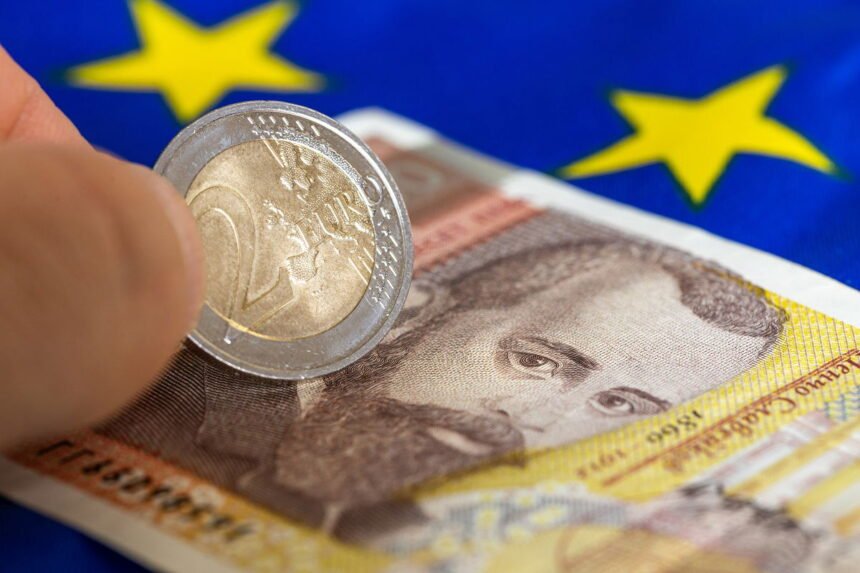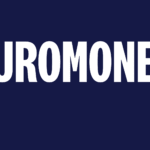August 8 marks a big step in this Eastern European country’s euro journey.
Starting today, all shops (whether corner shops, big supermarkets, or national chains) in Bulgaria must display product prices in both leva and euros. The new rule applies to all physical retail spaces and commercial units, and will remain mandatory until August 8, 2026.
It’s the most important part of the country’s preparations for joining the Eurozone on January 1, 2026.
Dual pricing in Bulgaria: same font, same size, same colour
Retailers must now place euro and leva prices side-by-side, using the same font, size, and colour—no exceptions. The objective is to prevent any confusion and avoid shady pricing tricks during the transition period. Promo prices must be clearly marked and visually separated from standard ones.
Retailers have until October 8 this year to fully update their systems. In the meantime, authorities are monitoring compliance but won’t apply fines yet.
But there are some rule exemptions: taxis, gas stations, and cigarette sales do not need to follow dual pricing rules.
The fixed conversion rate is already set in stone: 1 euro = 1.95583 leva.
‘Watchdogs’ ready to watch
Bulgarian officials are keeping a close eye on pricing practices. The main worry is that some shops might show euro prices in red or smaller text in order to make items seem cheaper or create the impression of a discount.
The law doesn’t say which currency should come first, but bad formatting can confuse or mislead buyers, especially older or vulnerable customers.
Until the end of 2025, any price increases must be backed by “objective economic reasons.” Retailers can’t just round up under the guise of currency transition. If unjustified price spikes are spotted, the government can intervene directly.
New rules for the big retailers
For companies with over 10 million leva in annual turnover, compliance gets stricter. Every week, by 7 AM, on the last working day, they must publish retail prices for essential goods, like food, drinks, tobacco, and medicine, on their websites.
Retailers have pushed back, calling the rulebook burdensome and claiming it adds red tape. But authorities say the transparency will protect consumers and smooth the euro handover.
A fair transition
All in all, Bulgaria is laying the groundwork for a smooth and fair currency transition, trying to avoid the confusion. At the same time, they want to avoid price manipulation, a practice seen in past euro adoptions across Europe.
The next year and a half will test whether businesses can play fair and whether the public can trust that the euro won’t cost more than it should.
Read here more European news.





















